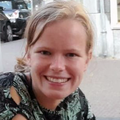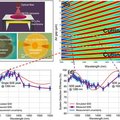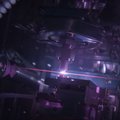Agenda
Click the following webcal to add the feed to your own calendar or copy to subscribe manually.
More about webcal.
Stay connected
This content is being blocked for you because it contains cookies. Would you like to view this content? By clicking here, you will automatically allow the use of cookies.










